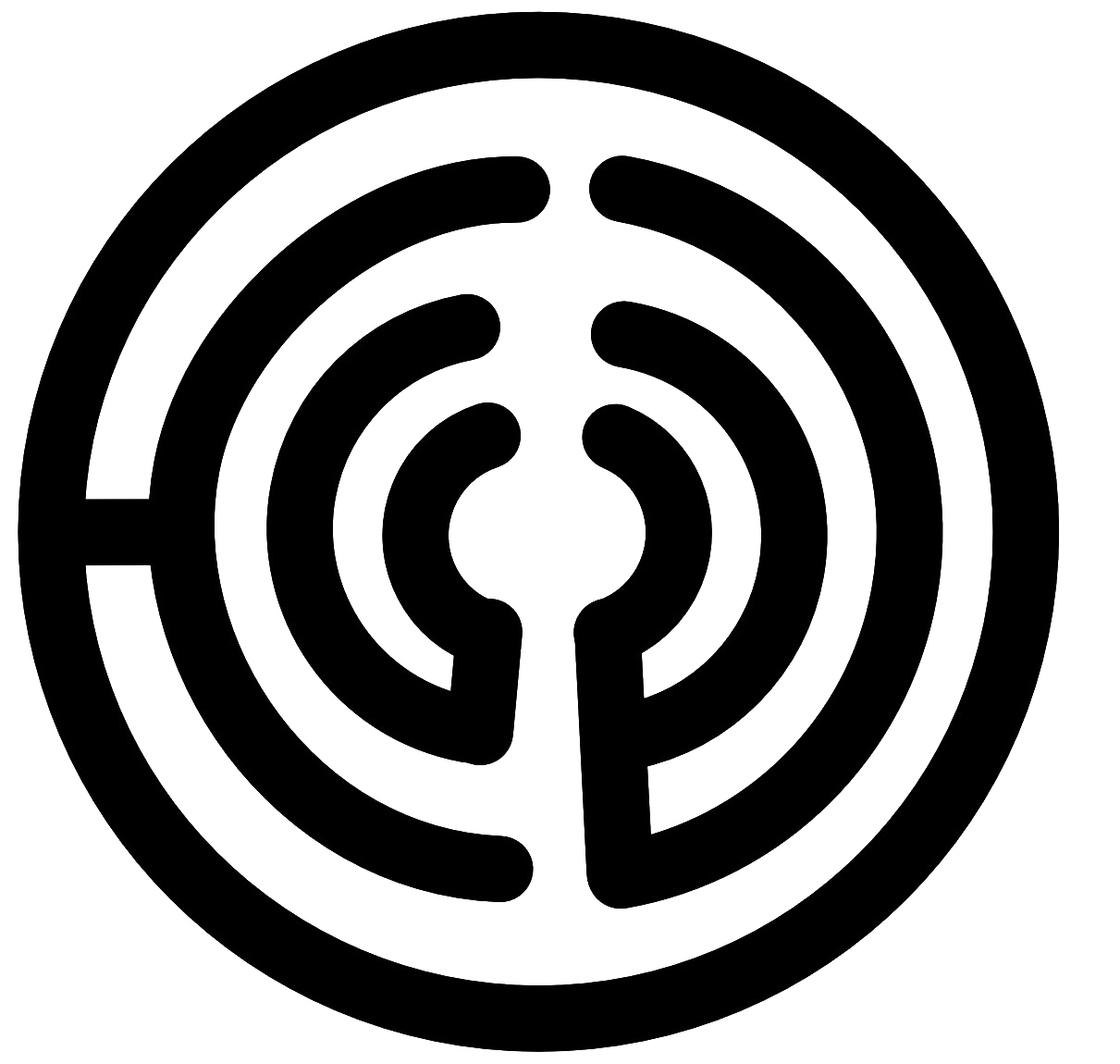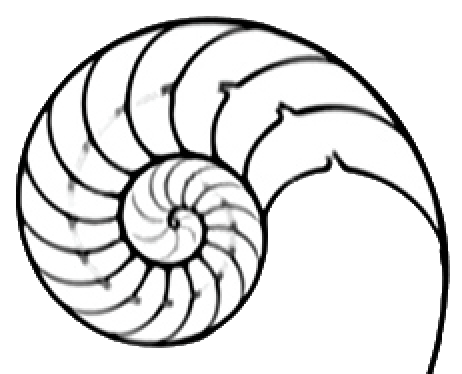
How we teach
We create immersive learning settings to educate future researchers and change agents about diverse approaches in science. Conveying experience in the application of scientific methods is a key endeavour for our teaching. For this, we develop innovative digital teaching solutions like the Sustainability Methods Wiki and MoLöWe.
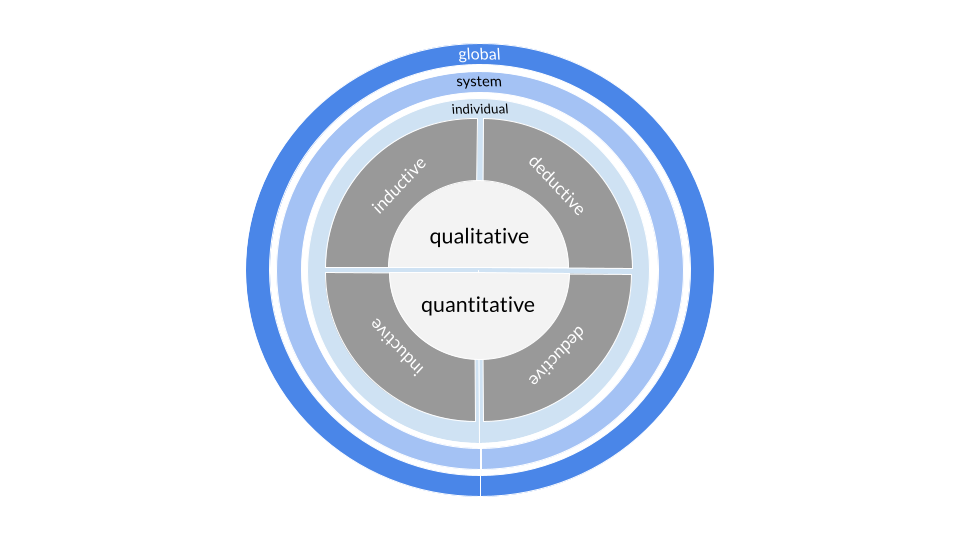
The Methods Wiki
Since 2020, we are creating an online Wiki with the goal of enabling a critical post-disciplinary discourse in academia. The Wiki presents scientific methods from all disciplinary traditions in a newly-developed Design Criteria scheme, and offers entries on diverse aspects of the normativity of science. Our goal is to educate future researchers about diverse approaches in science and raise critical questions to sketch out a way forward.
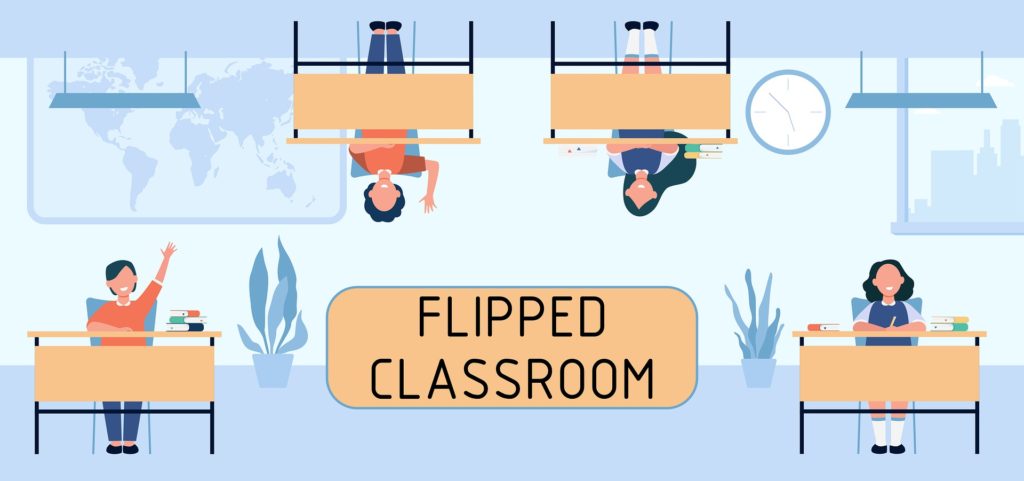
Flipped Classroom
Many classes taught in the HvW Lab are conducted as a Flipped Classroom. In this format, classical learning material, including lectures, are provided digitally in form of pre-recorded videos, readings and exercise tasks. The live sessions of the module are then used to deepen the previously learned material, discuss and engage in the group, and ask questions to reflect on the digital material.
Bachelor Level
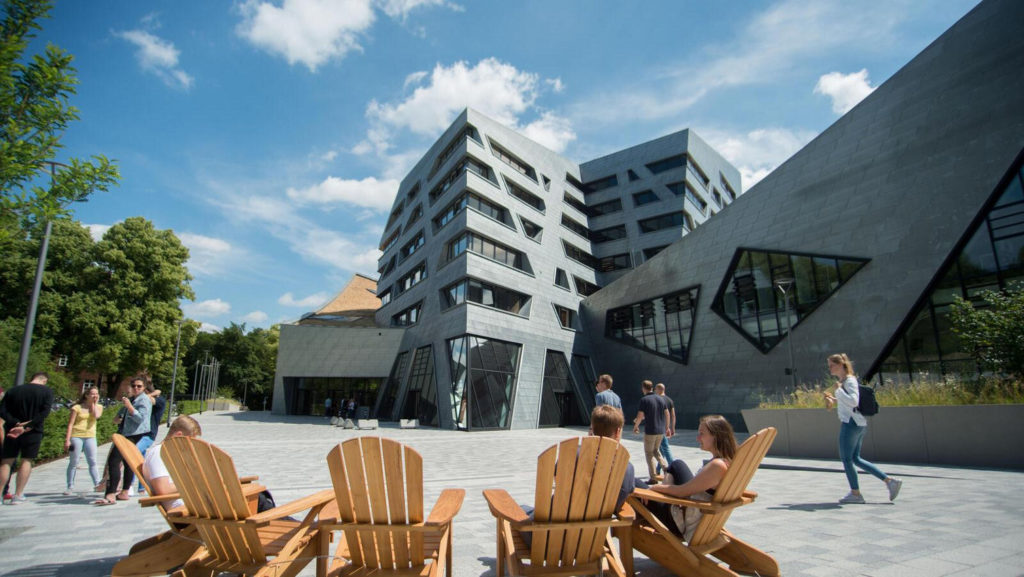
Different Pathways to Knowledge
Lecture – 1st semester, all bachelor programs – 1400 students
Different Pathways to Knowledge offers a broad conceptual and historical overview on scientific methods. Starting with the epistemological fundamentals of diverse methodological approaches and disciplines, the increasing diversity of methods is explained. At the same time, fundamental principles of scientific methodology (such as bias or critical reflection) are illustrated. Methods are made tangible through practical and interactive tasks and the students generate first data by themselves.
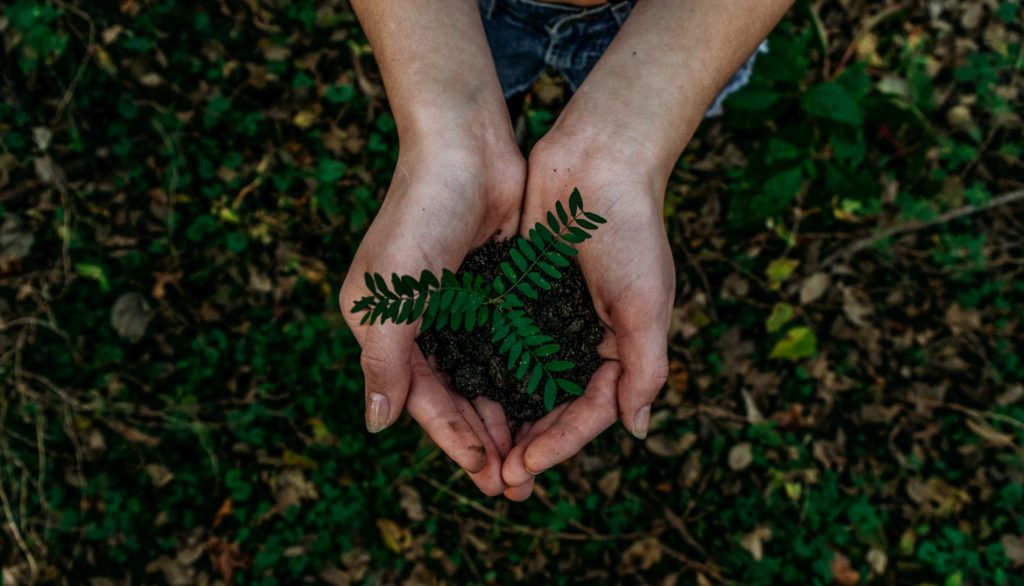
Methods of Environmental Sciences
Lecture – 1st semester, Environmental & Sustainability Science – 130 students
Methods of Environmental Science conveys basic knowledge and practical research examples to exemplify and contextualize the diversity of methods available in environmental & sustainability science. The lecture presents an overview of approaches to obtain, analyse and interpret data within science, and embeds these into a broader ontological framework. While the focus is generally on how methods can aid and enable the production of knowledge, a connection to the history of science, including the origin and development of each specific method is part of the lecture.
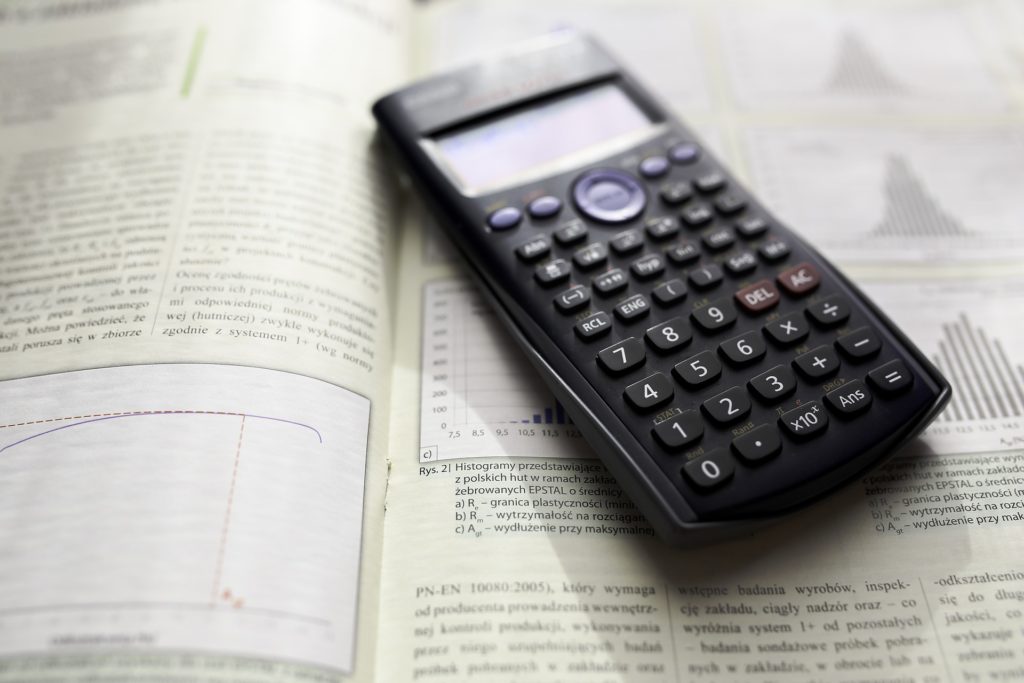
Introduction to Statistics
Lecture+ Tutorial – 2nd semester, Environmental & Sustainability Science – 130 students
The lecture is the main basis for gaining an understanding of quantitative analyses in environmental and sustainability science. The lecture is structured into five parts. 1) A basic introduction, including a recap of descriptive statistics, and a quick overview on data formats, data distribution and simple tests. 2) Correlations and linear models as a pivotal part of the analyses of continuous data. 3) Analyses of variance, allowing designing simple experiments and for comparing variance among different groups. 4) A quick overview of different types of experiments, and a short discussion of the normative dimensions of statistics. 5) A written exam.
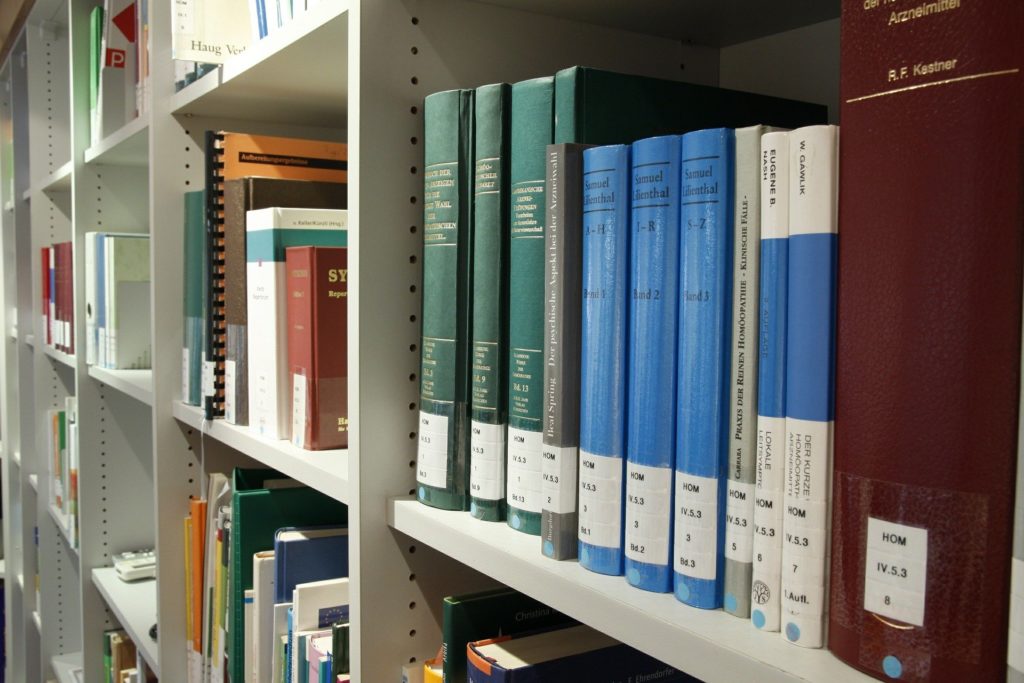
Bachelor Forum
Lecture – 6th semester, Environmental & Sustainability Science – 130 students
Writing a bachelor‘s thesis is a complex process which usually requires a lot of time. With the composition of a bachelor’s thesis, you gain the opportunity to intensively engage in a topic and work on a scientific research question for the first time. Subject of this lecture is the question of which aspects are to be considered in the handling of such a question and how a successful working process can be created.
Master Level
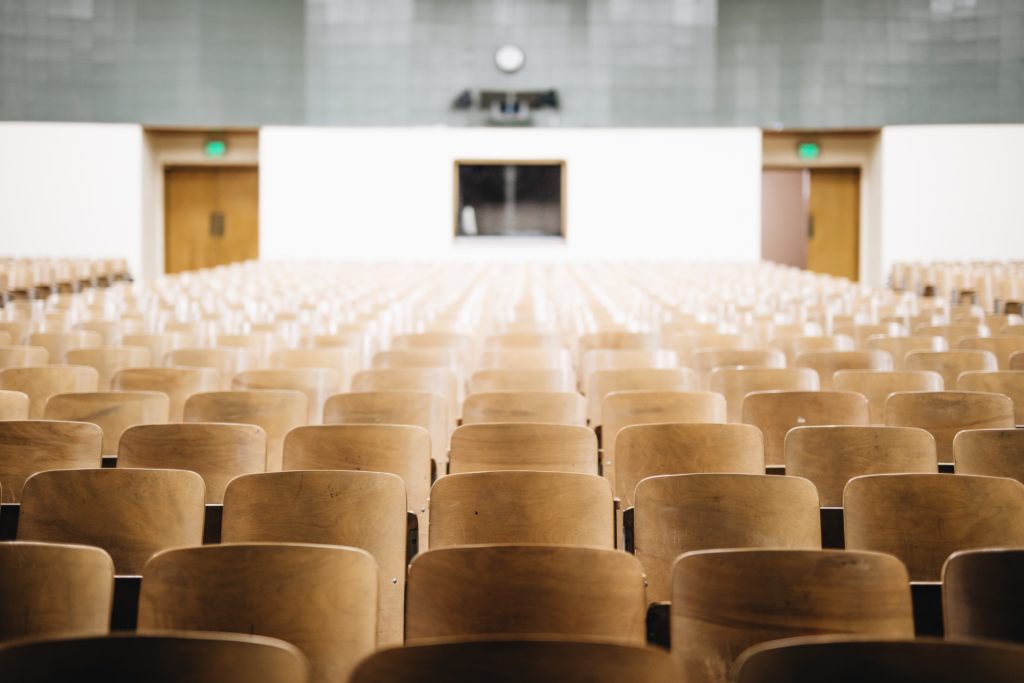
Research Methods in Sustainability Science
Seminar – 1st semester, Sustainability Science – 30 students
Within the seminar students will learn how to use a wide array of research methods that are applied in sustainability science. The course will also teach the students to obtain information on how to learn more about methods, and how to learn new methods and apply these in their work. The course is designed to enable students to develop methodological designs with a mixed methods approach. Building on a broad and diverse conceptual basis the students will work in smaller groups, thereby learning the collaborative skills necessary to utilise the diverse knowledge of the participants.

Software for Analyzing Data
Lecture + Tutorial – 1st semester, Data Science – 25 students
Comprehensive analysis of data using the R software. The lecture will present and discuss general examples on the language R, statistical models, data preparation, creation of functions, graphical representations and other essentials of the R language.
PhD Level
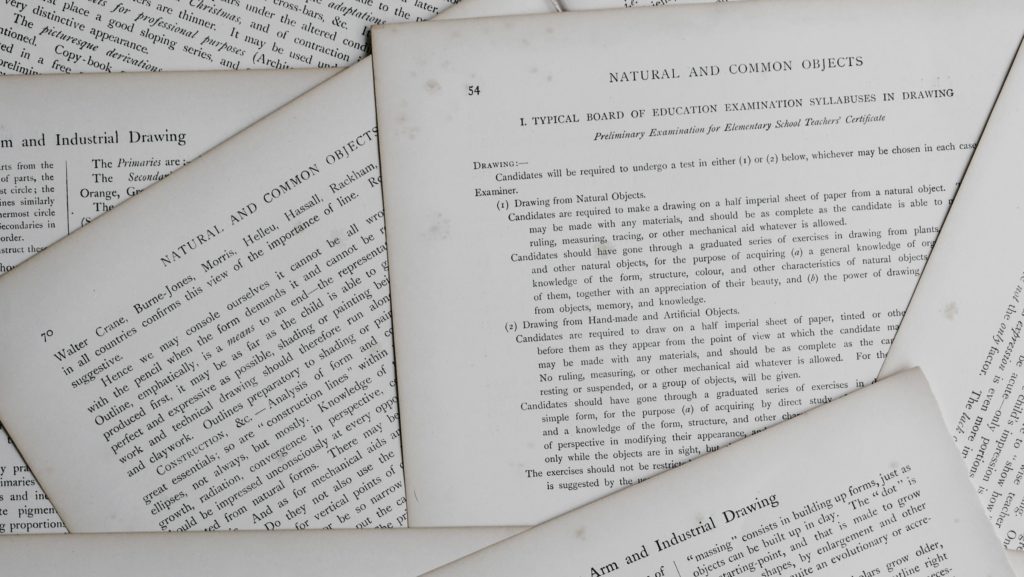
Scientific methods and mixed methods – an interactive primer for sustainability science
Workshop – all programs – 30 students
The goal of this course is to allow for an interactive reflection and mapping of scientific methods. The course will attempt to enable sustainable researchers to match their demand in scientific methods with available research methods, and to design their knowledge production based on a diverse and systematic understanding of research methods. Ideally, this will allow a more firm choice of research methods, and a clearer argumentation why some methods are preferable to other methods.

PhD Statistics course
Workshop – all programs – 20 students
In this workshop for PhD students, the participants engage with the most important methods in statistical analysis over the course of four days. Starting with an introduction to the Software R and different data formats, they learn how to actively use R for simple and more complex statistical analyses. This includes simple tests, (Multiple) ANOVAs, Cluster Analyses and Ordinations as well as Mixed Effect Models.
